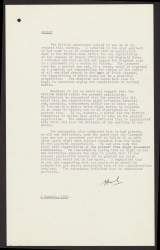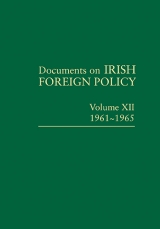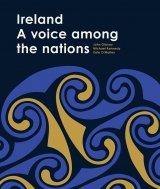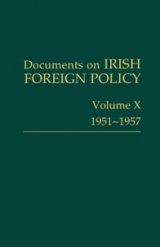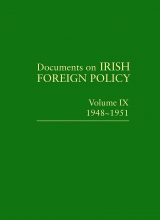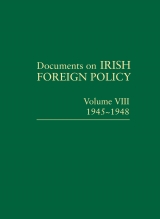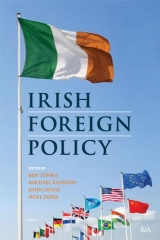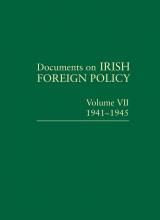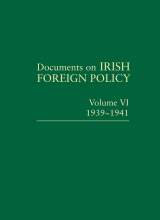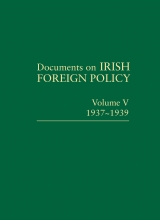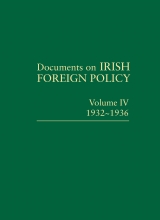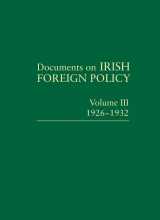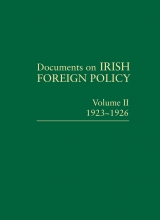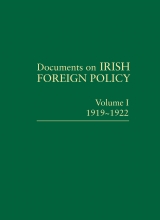Documents on Irish Foreign Policy: v. 11: 1957-1961
Book Details
Published by Royal Irish Academy
November 2018
HardbackNumber of pages: 932
ISBN: 9781908997883
Downloads
DIFP XI covers five critical years in Irish foreign policy when, at the height of the Cold War, Ireland played a central role between East and West at the United Nations General Assembly on issues ranging from nuclear disarmament to apartheid to the admission of Communist China. Significantly, it also covers the years that Irish Defence Forces personnel first participated in peacekeeping missions with the United Nations. The volume pays particular attention to the reaction of Iveagh House to UN operations in Congo’s Katanga province and includes documents on the Niemba Ambush (November 1960), and the fighting at Jadotville and Elisabethville (September 1961). A constant theme through the volume is European integration and the volume includes the high-level diplomacy surrounding Ireland first application for membership of the European Economic Community in 1961. Using original declassified documents from the Department of Foreign Affairs‘ archive, the volume pieces together as no other source can, the secret top-level decision making by Minister for External Affairs Frank Aiken, Taoiseach Seán Lemass and Irish diplomats, including household names Conor Cruise O’Brien and Ireland’s Ambassador to the UN Frederick Boland that saw 1960s Ireland play a central role on the world stage.
Media coverage:
RTE Drivetime (Mary Wilson/Alan Torney), 12 November 2018: Dr Michael Kennedy discusses emergency planning and the Lemass government’s transition to war plans for Ireland in the event of WW3.
Colm Ó Mongáin, RTE News Online, 12 November 2018: "Volume Eleven of the Royal Irish Academy’s Documents on Irish Foreign Policy series contains plenty of material that could have been written today. The files are from 1957-61, the period leading up to Ireland’s first tilt at joining the six-member European Economic Community in 1961. Anxiety on the island of Ireland over the implications of changing UK-Brussels relations are strikingly - some might say depressingly - familiar".
Colm Ó Mongáin, RTE 6.01 News, 12 November 2018: TV package version of the report here above with further details on the volume by Dr Kate O’Malley.
Stephen Collins, Why Hitler's top SS man bought a farm in Co Kildare, Irish Times, 13 November 2018.
Stephen Collins, Khruschev sent Irish diplomat wine after ‘shoe banging’ incident, Irish Times, 13 November 2018.
Stephen Collins, Officials tried to get JFK to visit Dublin in 1961, Irish Times, 13 November 2018.
Stephen Collins, Letters show O’Brien had UN authority for actions in Katanga, Irish Times, 13 November 2018.
Stephen Collins, Ireland’s 1961 application to join EEC fraught with fear of rejection, Irish Times, 13 November 2018.
Solve our book cover jigsaw puzzle here.

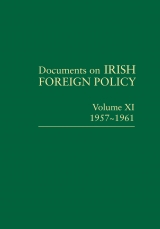
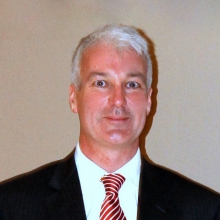

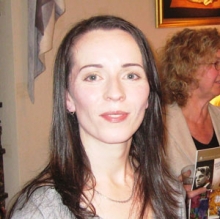
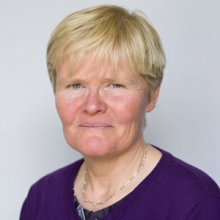

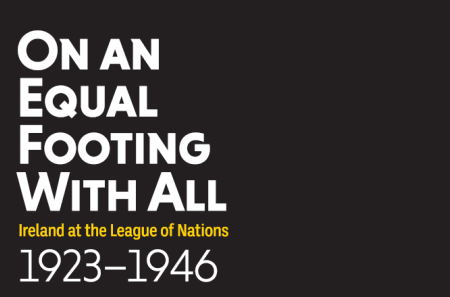
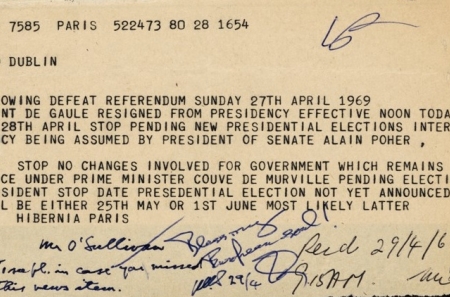
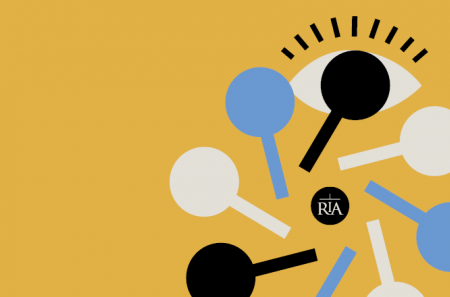
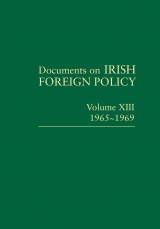 ,
,  ,
, 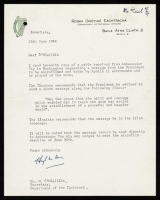 ,
,  ,
, 